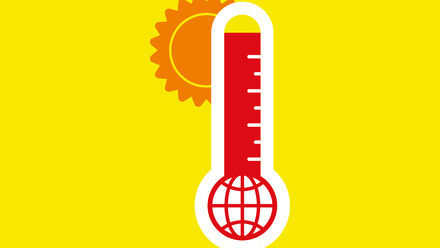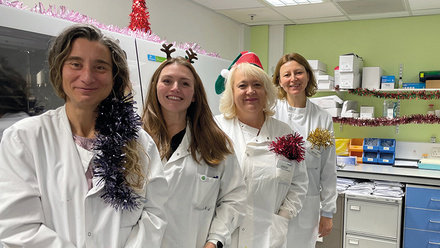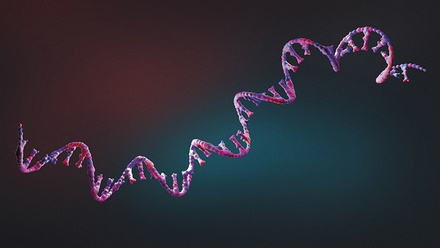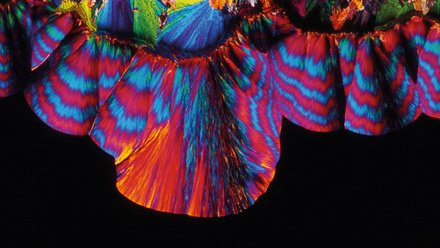My Lab: Toxicology in Sheffield
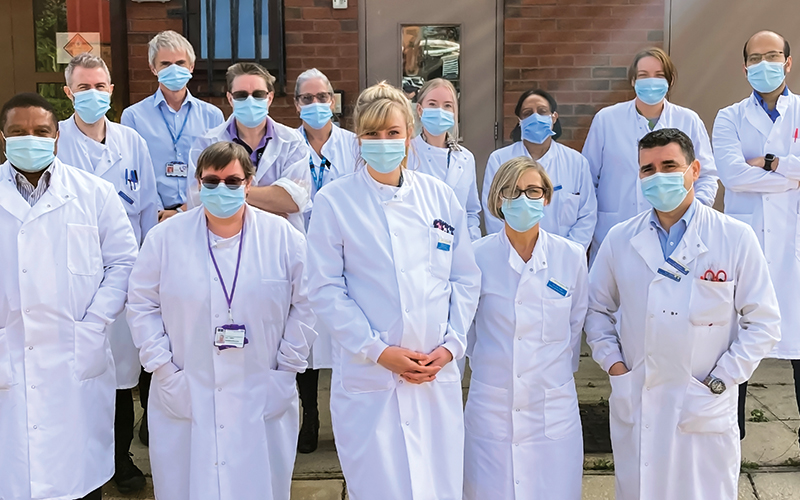
Sheffield toxicology is a service unit in specialised clinical chemistry, which is part of Sheffield Laboratory Medicine. Located at the Northern General Hospital campus of Sheffield Teaching Hospitals NHS Foundation Trust, Sheffield toxicology is housed in a standalone building a few hundred metres from the main laboratory medicine facility.
Specimens for toxicological analysis are received by pre-analytics staff at both toxicology and laboratory medicine buildings and, at regular times of the day, specimens received at the laboratory medicine building reception are taken over to toxicology. In 2021, we received and processed nearly 4000 clinical and post-mortem cases from coroners, substance misuse services, hospitals and antenatal clinics from around the country. The number and type of specimens for each case request varies from ante-mortem, post-mortem, or a mixture of both, and can be preserved or plain bloods, urines, cerebrospinal fluids, gastric contents, vitreous, bile, tissues and much more. We see many interesting cases and as the samples make their way from the specimen reception through to analysis and reporting every step provides an opportunity for learning something new, which contributes to the overall professional development of staff.
A dedicated team of medical laboratory assistants book in the samples on to our laboratory informatics system, after which the labelled samples are sorted into the appropriate pre-analysis racking system for storage. On the day of analysis, the batch worklist is created, the samples are retrieved from storage and prepped according to the standard procedure by trained and competent biomedical scientists. Samples are analysed in batches and the method of analysis depends on the requested tests, as well as sample types. Initial screening of urines for drugs of abuse is performed on the Cobas chemistry analyser. Urine samples that test positive for any of the drugs or metabolites are further quantitated. The introduction of the high-resolution mass spectrometers to our line-up of equipment has offered us the robustness to screen and quantify clinical and post-mortem urines and bloods. It has also allowed us to second check the urine screening performed on the Cobas chemistry analyser.
The laboratory currently has four ultrahigh performance liquid chromatography with a variety of detection systems, including fluorescent, electrochemical, photodiode array and variable wavelength. There are three ultra-high performance liquid chromatography mass spectrometers (LCMS), three gas chromatography mass spectrometers (GCMS), two headspace gas chromatography (HSGC) and two high-resolution mass spectrometers (HRMS).
For cases from coroners, pathologists and mortuaries, we investigate the toxicological cause of death, so our clinical scientists interpret the results in the context of the medical history and other information provided.
Our service has expanded in recent years and this expansion has been matched with investment in the latest technology. This has enabled us to provide a wide range of test repertoires, from the more commonly abused drugs – such as cannabis, cocaine, ketamine and amphetamines – to the new and emerging ones like isotonitazene and derivatives.
The laboratory supports training of medical laboratory assistants, biomedical and clinical scientists through academic and professional qualification routes. We are a friendly, hardworking, and forward-looking team. If this has sparked your interest and you want more info about our services, we would like to hear from you. You can get in touch on 0114 226 7666, or email us on sth.labmed@nhs.net

